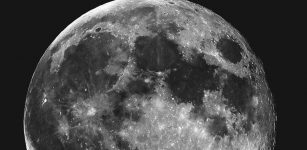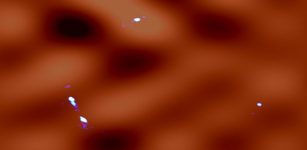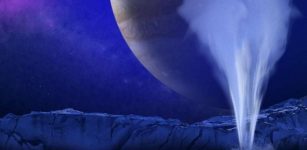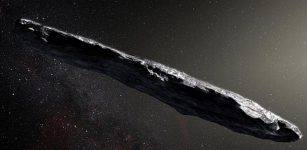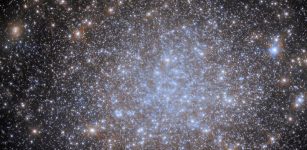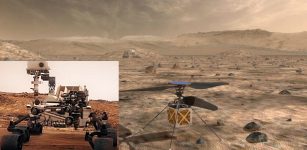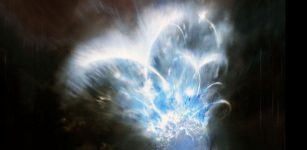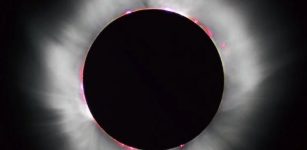Voyager 1 and 2 Still Make New Discoveries – New Type Of Solar Electron Burst – Detected
Eddie Gonzales Jr. – MessageToEagle.com – In a new study, a team of physicists led by the University of Iowa reports the first detection of bursts of cosmic-ray electrons accelerated by shock waves originating from major eruptions on the sun.
The detection, made by instruments onboard both the Voyager 1 and Voyager 2 spacecraft, occurred as the Voyagers continue their journey outward through interstellar space, thus making them the first craft to record these unique physics in the realm between stars.
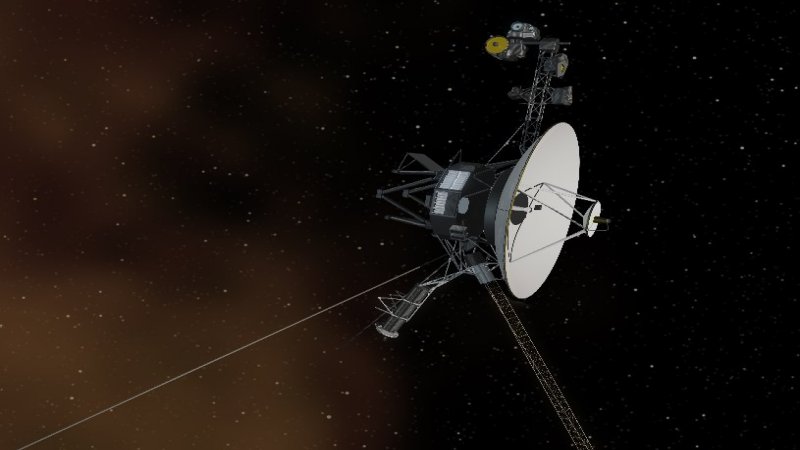 Artist’s concept of the Voyager spacecraft in space. Credits: NASA
Artist’s concept of the Voyager spacecraft in space. Credits: NASA
These newly detected electron bursts are like an advanced guard accelerated along magnetic field lines in the interstellar medium; the electrons travel at nearly the speed of light, some 670 times faster than the shock waves that initially propelled them. The bursts were followed by plasma wave oscillations caused by lower-energy electrons arriving at the Voyagers’ instruments days later—and finally, in some cases, the shock wave itself as long as a month after that.
The shock waves emanated from coronal mass ejections, expulsions of hot gas and energy that move outward from the sun at about one million miles per hour. Even at those speeds, it takes more than a year for the shock waves to reach the Voyager spacecraft, which have traveled further from the sun (more than 14 billion miles and counting) than any human-made object.
“What we see here specifically is a certain mechanism whereby when the shock wave first contacts the interstellar magnetic field lines passing through the spacecraft, it reflects and accelerates some of the cosmic ray electrons,” Don Gurnett, professor emeritus in physics and astronomy at Iowa and the study’s corresponding author said in a press release.
“We have identified through the cosmic ray instruments these are electrons that were reflected and accelerated by interstellar shocks propagating outward from energetic solar events at the sun. That is a new mechanism.”
In a 2014, researchers described theoretically how ions reflected from shock waves could be accelerated along interstellar magnetic field lines. The current study looks at bursts of electrons detected by the Voyager spacecraft that are thought to be accelerated by a similar process.
“The idea that shock waves accelerate particles is not new,” Gurnett says.
“It all has to do with how it works, the mechanism. And the fact we detected it in a new realm, the interstellar medium, which is much different than in the solar wind where similar processes have been observed. No one has seen it with an interstellar shock wave, in a whole new pristine medium.”
Written by Eddie Gonzales Jr. – MessageToEagle.com Staff


